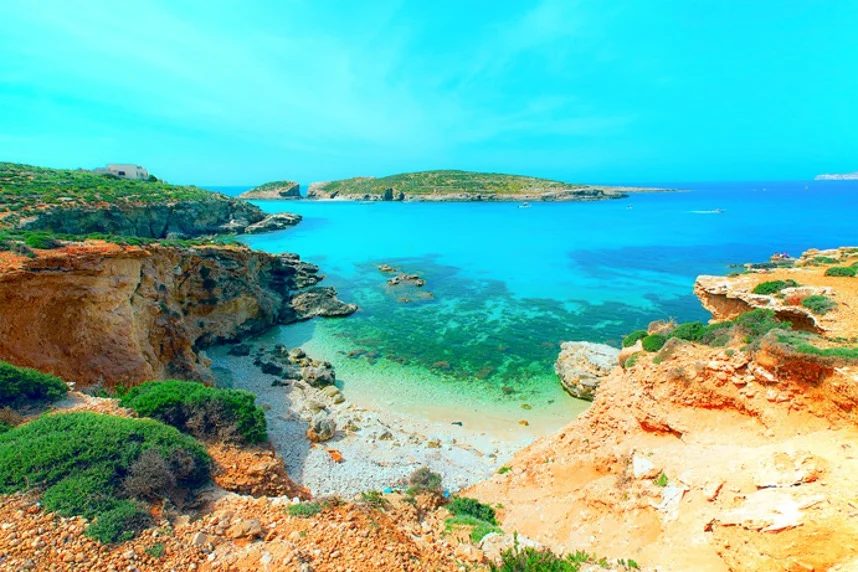Malta: Working for a Sustainable Future – Sustain Europe

Tourism and Sustainability in Malta
Tourism remains a significant pillar of the Maltese economy, contributing 29% to our Gross Domestic Product. Over recent years, Malta has seen continuous growth in tourism, with arrivals nearly reaching 2 million, marking a 10.5% increase compared to previous years.
While these increases benefit the economy through revenue generation and job creation, they also strain the islands’ infrastructure and environment. To address this, the Malta Tourism Authority (MTA) collaborates with both public and private stakeholders to promote sustainable tourism practices and minimize negative impacts.
Despite Malta’s small size and lack of extensive natural areas, efforts are focused on protecting and managing key sites like the Pembroke Garigue Heritage Park, a Natura 2000 site. This park, supported by an EU-funded project, features a reversible cycle path and restored heritage buildings. MTA continues to support its maintenance in partnership with NGOs like Nature Trust and Fondazzjoni Wirt Artna.
MTA is also involved in expanding conservation efforts in Delimara and Xrobb l-Għaġin. Rural tourism initiatives have been implemented, including rural walks and village enhancements in Qrendi, Safi, and Zurrieq.
Water Quality and Beach Management
Investments in sewage purification have significantly improved bathing water quality around the Maltese Islands, resulting in numerous Blue Flag awards for local beaches. MTA manages several beaches and collaborates with the Ministry for Gozo and NGOs like The Gaia Foundation to oversee others in Malta, Comino, and Gozo.
Accommodation and Environmental Standards
MTA launched the Eco-Certification scheme in 2002 to promote environmental practices among accommodation providers. This voluntary initiative, expanded to include various forms of lodging, has elevated environmental standards across the sector.
Future Directions
As the demand for sustainable travel grows, so will expectations from eco-conscious travelers. Destinations and service providers that demonstrate genuine commitment to environmental stewardship will increasingly appeal to these discerning tourists. Protecting and nurturing the environment is crucial for securing a sustainable future for tourism.
 Albania
Albania Algeria
Algeria Andorra
Andorra Argentina
Argentina Armenia
Armenia Australia
Australia Austria
Austria Azerbaijan
Azerbaijan Bahrain
Bahrain Belgium
Belgium Bolivia
Bolivia Brazil
Brazil Bulgaria
Bulgaria Cambodia
Cambodia Cameroon
Cameroon Canada
Canada Chad
Chad Chile
Chile China
China Colombia
Colombia Costa Rica
Costa Rica Croatia
Croatia Cyprus
Cyprus Czechia
Czechia Denmark
Denmark Ecuador
Ecuador Egypt
Egypt Finland
Finland France
France Georgia
Georgia Germany
Germany Ghana
Ghana Greece
Greece Hungary
Hungary Iceland
Iceland India
India Indonesia
Indonesia Ireland
Ireland Italy
Italy Jamaica
Jamaica Japan
Japan Jordan
Jordan Kazakhstan
Kazakhstan Kenya
Kenya Kuwait
Kuwait Latvia
Latvia Lebanon
Lebanon Libya
Libya Lithuania
Lithuania Luxembourg
Luxembourg Malaysia
Malaysia Maldives
Maldives Mali
Mali Malta
Malta Mexico
Mexico Moldova
Moldova Monaco
Monaco Morocco
Morocco Netherlands
Netherlands New Zealand
New Zealand Nigeria
Nigeria North Macedonia
North Macedonia Norway
Norway Oman
Oman